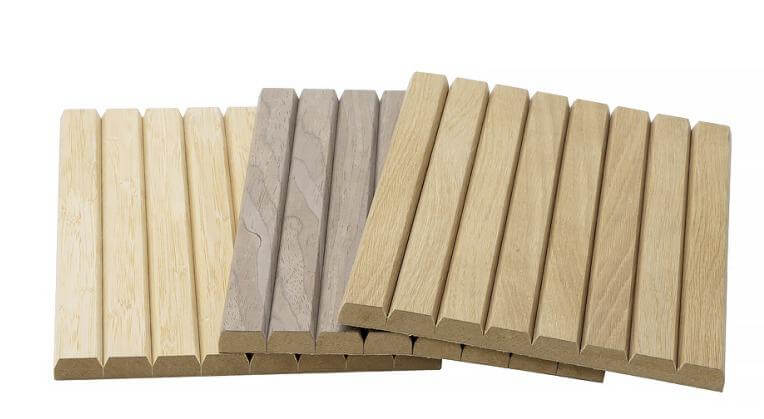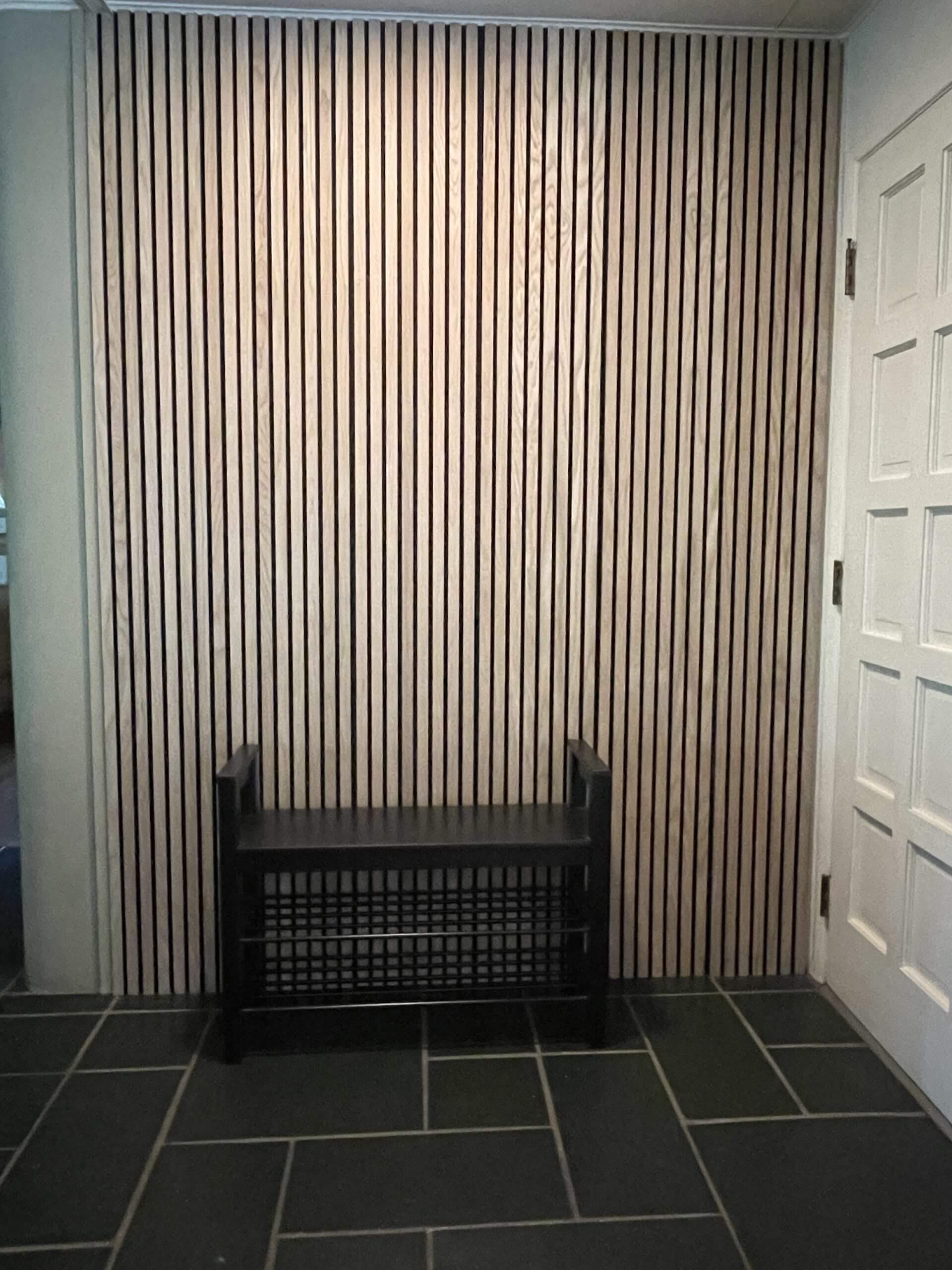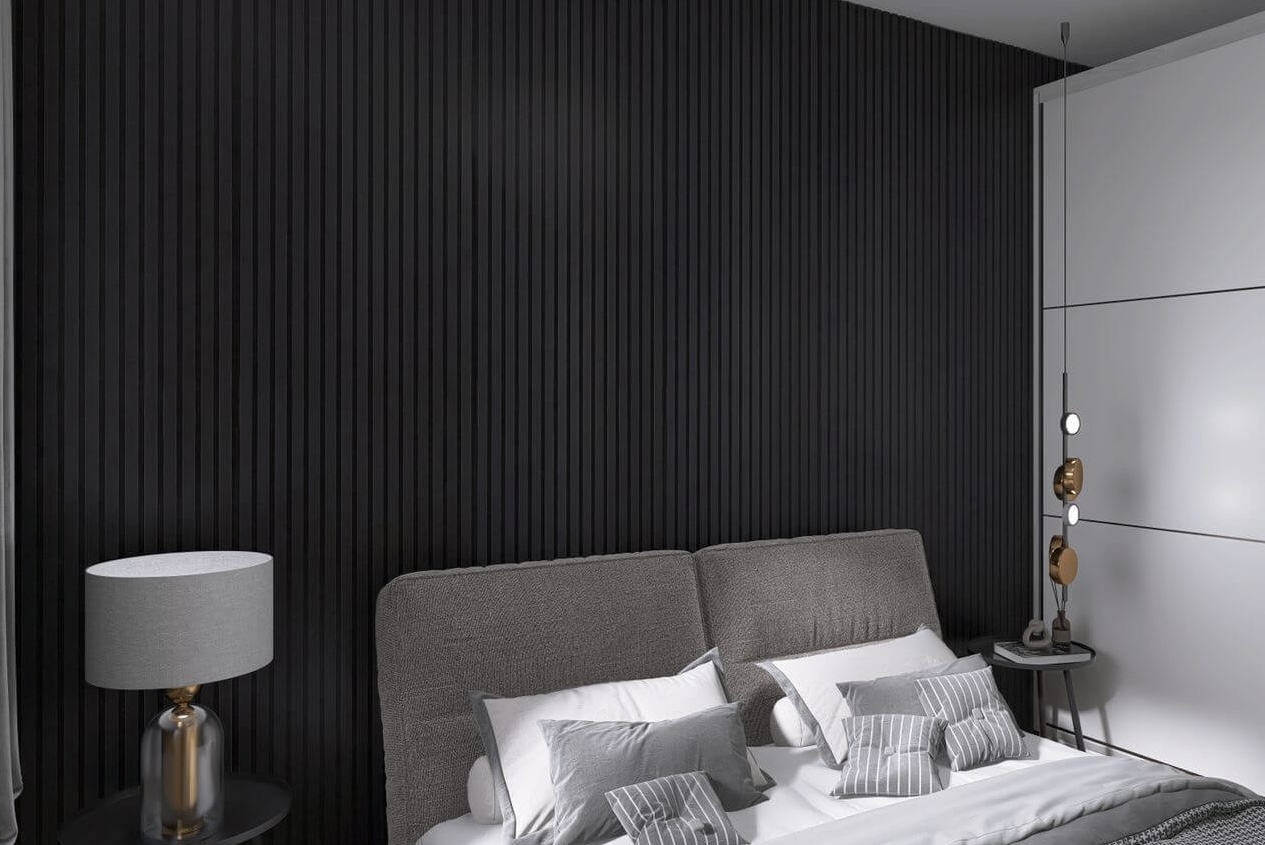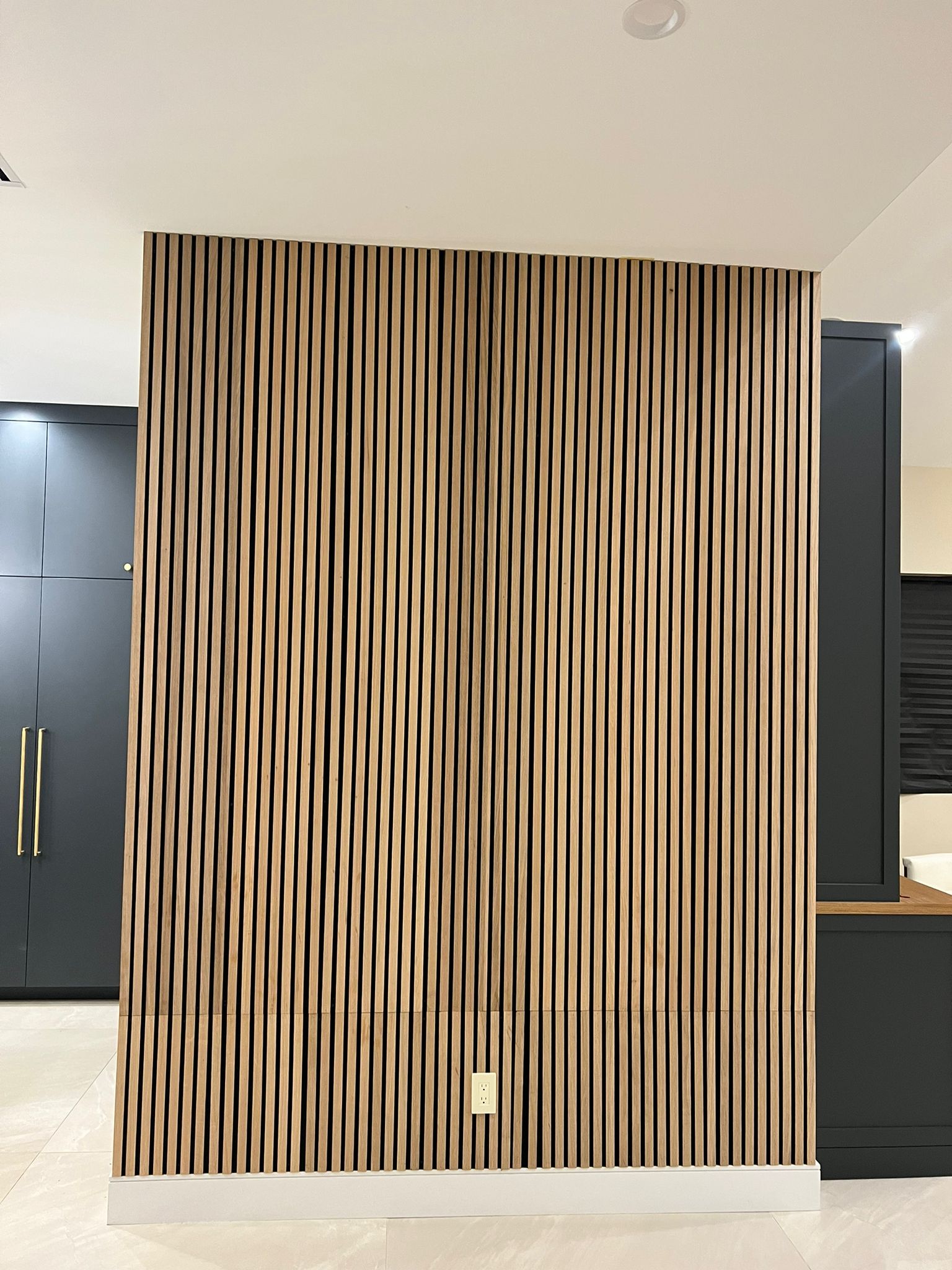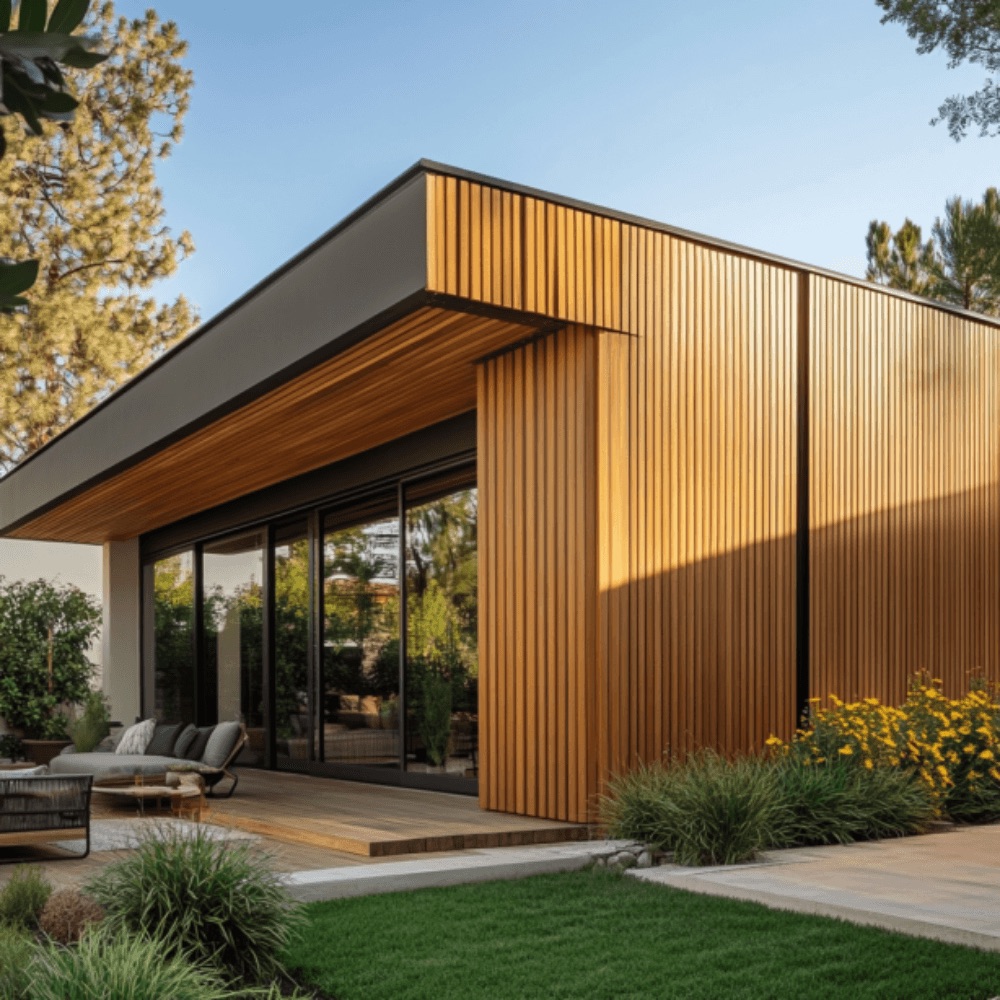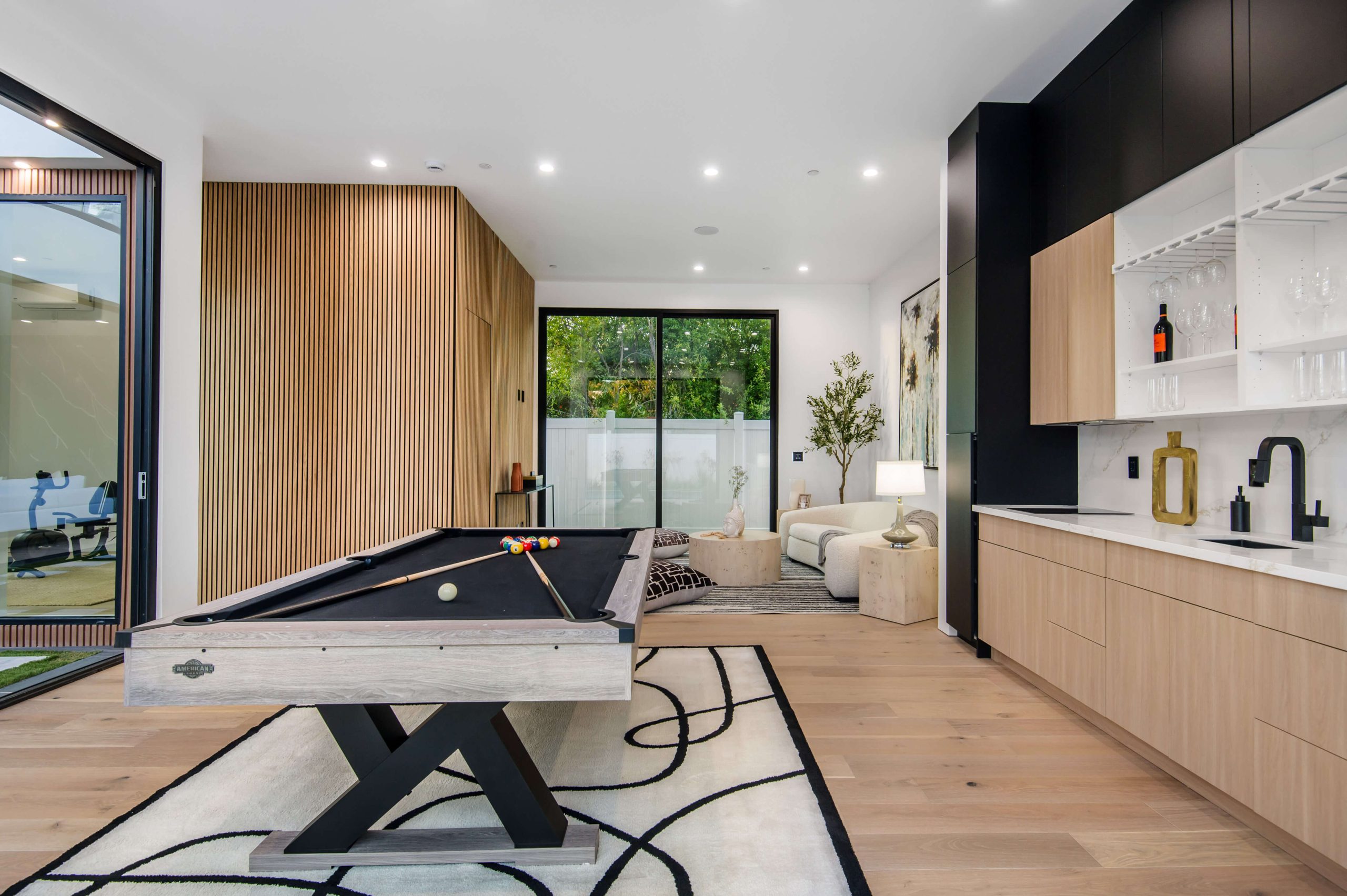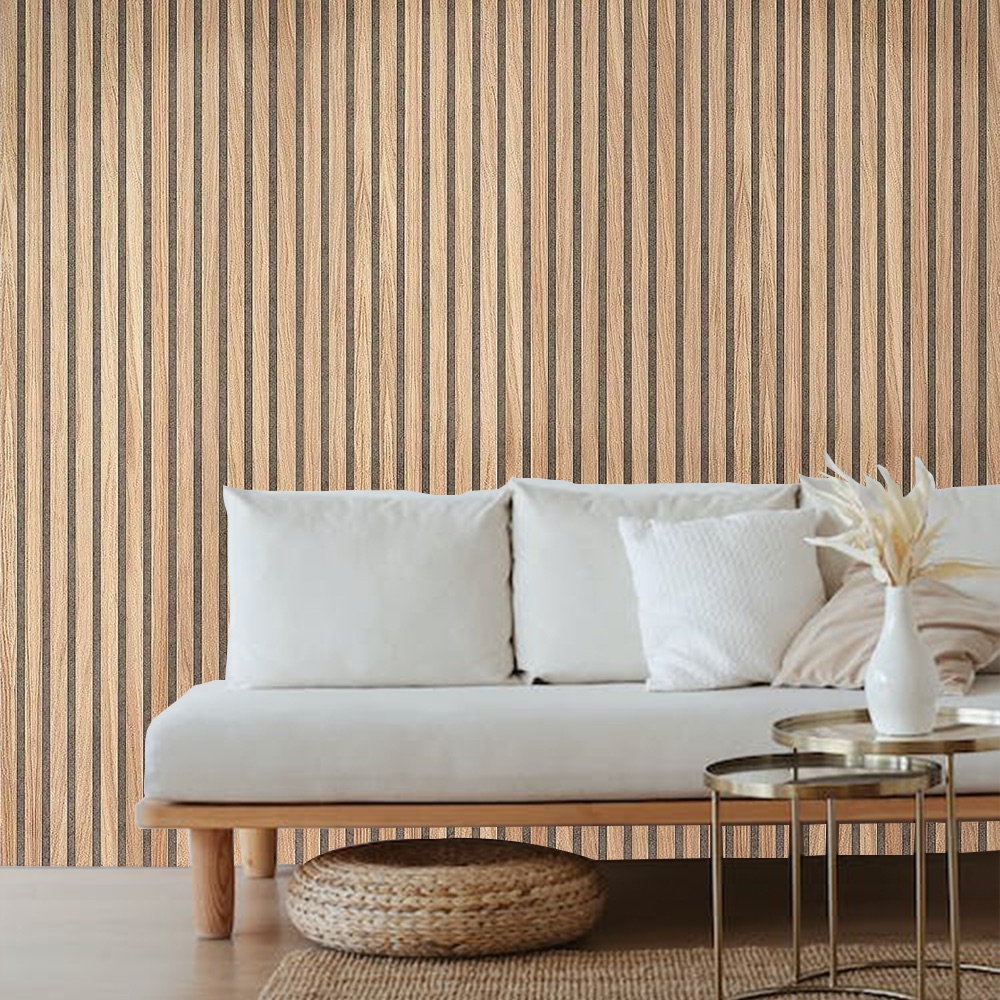When it comes to creating a serene and balanced environment, sound plays a crucial role. Whether you’re designing a home theater, a cozy music studio, or a quiet office, choosing the best wood for acoustic sound can make all the difference. Wood is not only a timeless material that brings warmth and elegance to any space, but it also has unique sound-absorbing properties that can enhance your acoustic experience. But how do you know which wood is right for your needs? Let’s explore the factors and options to help you make the best decision.
Why Wood Matters for Acoustic Sound
Wood has been used for centuries in spaces that demand excellent acoustics, such as concert halls, recording studios, and home interiors. Its natural density and grain structure influence how sound waves travel and are absorbed or reflected. But not all woods are created equal in terms of sound quality. Selecting the best wood for acoustic sound depends on several factors, including:
- Density: Denser woods typically reflect sound, making them suitable for spaces where clarity is key.
- Porosity: Some woods have a more open grain, which helps absorb sound and reduce echo.
- Resonance: Certain woods enhance sound vibrations, which can be beneficial for musical purposes.
Popular Types of Wood for Acoustic Panels
Acoustic panels are a practical solution for managing sound in any room. These panels often incorporate different types of wood to achieve specific sound effects. Here are some of the most popular options:
- Oak
Oak is a heavy and dense wood that reflects sound effectively, making it ideal for spaces where sound clarity and brightness are desired. It’s often used in music studios and performance venues. - Pine
Pine is a lightweight wood with a softer structure, offering excellent sound absorption. This makes it a great choice for home theaters and recording booths. - Cedar
Known for its natural beauty and aromatic properties, cedar is also an excellent acoustic material. Its moderate density helps to balance sound absorption and reflection. - Cherry
Cherry wood’s smooth grain and medium density create a warm and natural sound. It’s a popular option for spaces that require subtle sound enhancements. - Walnut
Walnut offers a rich aesthetic and balanced acoustic performance, combining sound reflection and absorption. It works well in both modern and traditional interiors.
How to Choose the Best Wood for Your Needs
Selecting the best wood for acoustic sound depends on the purpose of the room and the type of sound you want to achieve. Here’s a step-by-step guide to help you decide:
- Understand Your Space
Consider the size, layout, and purpose of the room. Larger spaces might need denser woods to reflect sound, while smaller rooms benefit from softer, sound-absorbing woods. - Define Your Goals
Are you looking to reduce noise, eliminate echoes, or enhance sound clarity? Identifying your goals will help narrow down the wood options. - Test Acoustic Panels
If possible, test acoustic panels made from different types of wood in your space. This will give you a clearer sense of how each wood performs. - Consider Aesthetics
Beyond sound quality, the visual appeal of the wood is also important. Choose a wood that complements the style and décor of your room. - Budget Wisely
High-quality wood can be an investment, but it’s worth it for long-term performance. Balance your budget with the acoustic and aesthetic benefits you need.
Benefits of Acoustic Wood Panels
Acoustic wood panels offer a range of advantages, making them a smart addition to any space:
- Improved Sound Quality: They reduce unwanted noise and echo, creating a clearer and more enjoyable sound experience.
- Aesthetic Appeal: With various finishes and wood types, acoustic panels can enhance the visual charm of your room.
- Durability: Wood is a sturdy and long-lasting material that can withstand wear and tear.
- Sustainability: Many acoustic panels use eco-friendly wood sources, making them an environmentally responsible choice.
Comparing Woods: A Handy Table
Here’s a quick comparison of common wood types to help you decide:
| Wood Type | Density | Sound Absorption | Best For |
|---|---|---|---|
| Oak | High | Low | Music studios, halls |
| Pine | Low | High | Home theaters, booths |
| Cedar | Medium | Moderate | Balanced environments |
| Cherry | Medium | Moderate | Warm sound enhancements |
| Walnut | Medium | Balanced | Modern, elegant spaces |
Tips for Installation and Maintenance
Once you’ve selected the best wood for acoustic sound, proper installation and maintenance are key to maximizing its performance:
- Placement: Install panels where sound reflections are most problematic, such as on walls or ceilings.
- Sealing: Use high-quality finishes to protect the wood while maintaining its acoustic properties.
- Cleaning: Dust and wipe the panels regularly to prevent dirt buildup, which can affect sound absorption.
Frequently Asked Questions
1. What is the best wood for acoustic panels?
The best wood depends on your needs. For example, oak offers clarity, while pine is better for sound absorption.
2. Can I use reclaimed wood for acoustic panels?
Yes, reclaimed wood can be a sustainable and effective option if it’s properly treated.
3. Are wood acoustic panels expensive?
Prices vary depending on the type of wood and panel design, but they are a worthwhile investment for quality sound.
4. How many acoustic panels do I need?
The number depends on the size of the room and the level of sound control required. Generally, covering 20-30% of the surface area is a good starting point.
5. Can I install acoustic panels myself?
Yes, many panels are DIY-friendly, but professional installation ensures optimal placement and performance.
By understanding the unique properties of different woods and carefully considering your needs, you can confidently choose the best wood for acoustic sound. Whether it’s for a peaceful home, a vibrant studio, or a professional venue, wood acoustic panels are a versatile and elegant solution to achieving sound excellence.

